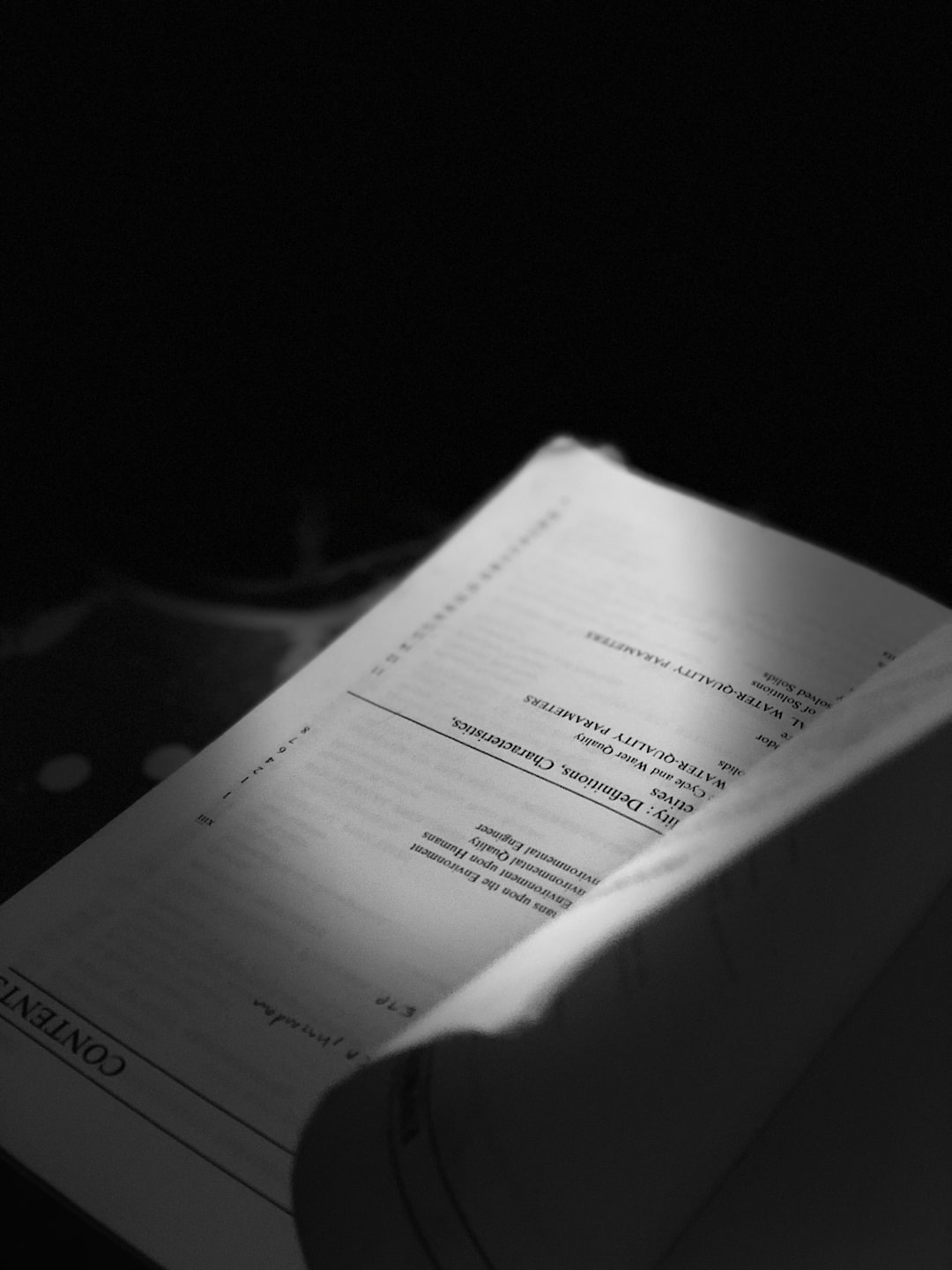Police Misconduct: Addressing Abuse of Power and Protecting Civil Liberties
The police are entrusted with the responsibility of protecting and serving their communities. However, as the world is constantly evolving, it is essential to recognize that there have been instances of police misconduct and abuse of power. These incidents not only erode public trust but also violate the fundamental civil liberties of individuals. It is urgent that we address this issue to ensure a fair and just society for everyone involved.
One of the most detrimental consequences of police misconduct is the erosion of public trust. When individuals witness or hear about cases of abuse of power, it not only damages their perception of the police force involved but can also result in a general lack of confidence in law enforcement as a whole. This lack of trust can have a snowball effect, affecting the cooperation between citizens and the police, hindering effective investigations, and ultimately reducing overall public safety. Rebuilding trust between the police and the community must be a top priority.
One crucial step towards combating police misconduct is through transparency and accountability. Police departments must create a culture where officers are held responsible for their actions, and those who engage in misconduct face appropriate disciplinary measures. This entails establishing unbiased internal investigations, using body cameras to record interactions, and ensuring that disciplinary procedures are fair and just. Implementing these reforms will send a clear message that misconduct will not be tolerated and will help in rebuilding trust between the public and the police.
Furthermore, increasing the focus on de-escalation tactics and non-violent conflict resolution methods can significantly reduce instances of police misconduct. Police officers should receive comprehensive training on techniques that prioritize peaceful resolutions over the use of force. Emphasizing communication skills and tactical empathy enables officers to defuse tense situations rather than escalating them, minimizing the chances of abuse of power. This shift in approach can prevent unnecessary violence and further safeguard civil liberties.
Community involvement and oversight are also crucial in addressing police misconduct. Establishing independent oversight committees consisting of community representatives can provide an additional layer of accountability. These committees can review cases of police misconduct, provide input on disciplinary measures, and facilitate transparent investigations. The involvement of community members, who are directly impacted by police actions, fosters trust and ensures that decisions regarding police conduct are fair and impartial.
Another important aspect in addressing police misconduct is the need for legislative reforms. It is essential for lawmakers to critically examine existing laws and policies to identify any systemic issues that contribute to misconduct. Implementing legislative reforms that address concerns such as the qualified immunity doctrine and revising use-of-force policies can help curtail abusive behavior. By holding police officers to a higher standard and ensuring they are accountable for their actions, civil liberties can be better protected.
Moreover, establishing effective mechanisms for reporting and documenting police misconduct is crucial. Often, victims of police abuse may fear retaliation or doubt that their complaints will be taken seriously. Ensuring the existence of independent bodies that can receive and investigate complaints, as well as protect the identities of complainants, can encourage individuals to come forward without fear. It is also important to provide adequate resources to these bodies so that they can conduct thorough investigations and take appropriate actions against errant officers.
In conclusion, addressing police misconduct and protecting civil liberties is essential for a just and harmonious society. Restoring public trust by prioritizing transparency, accountability, and community involvement is crucial. Comprehensive training emphasizing de-escalation methods and non-violent conflict resolution can also help reduce instances of abuse of power. Legislative reforms that hold police officers accountable and provide mechanisms for reporting and documenting misconduct are necessary steps towards ensuring justice for all. By addressing and rectifying issues of police misconduct, we can work towards a future where everyone feels safe and their civil liberties are protected.

